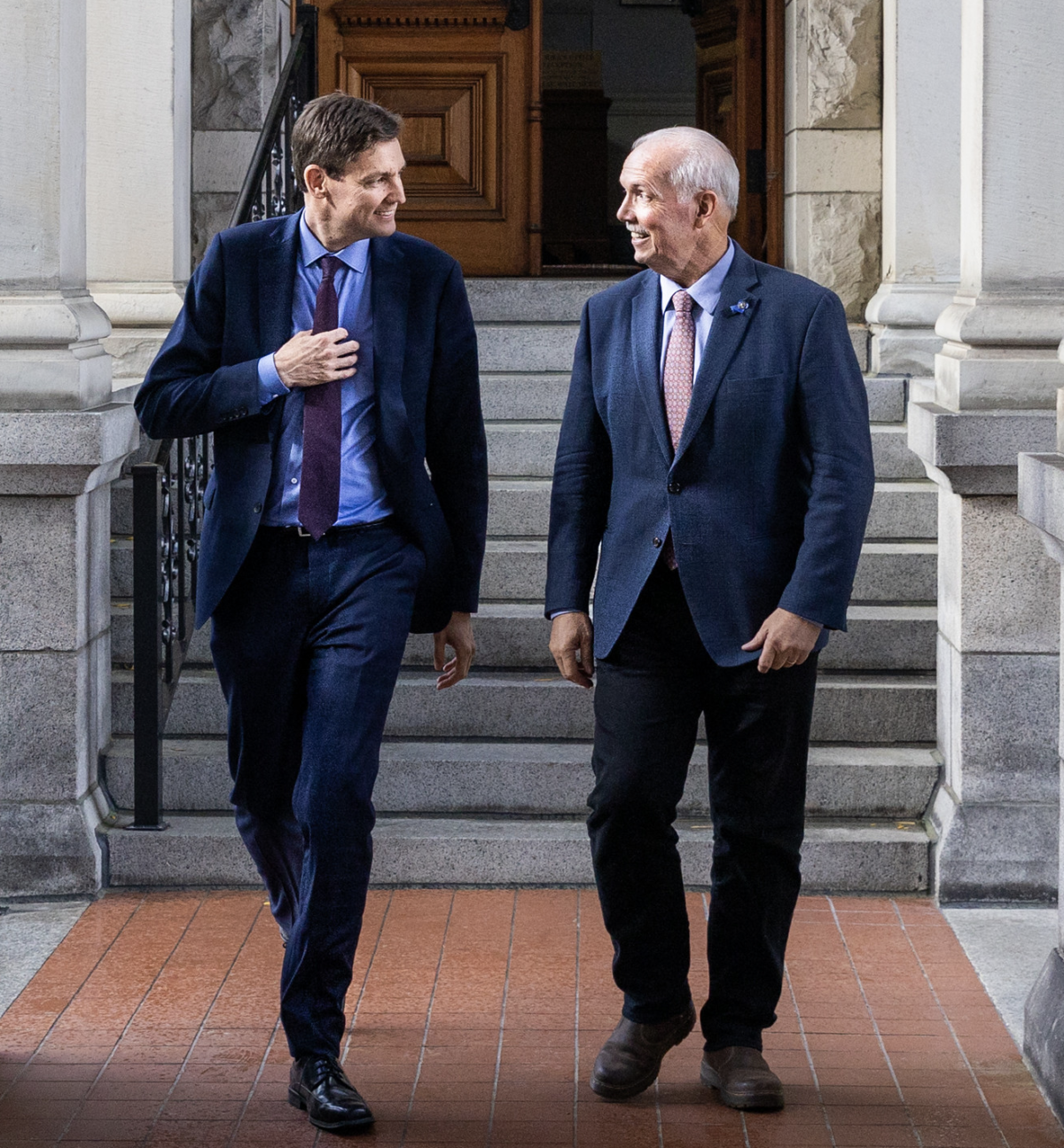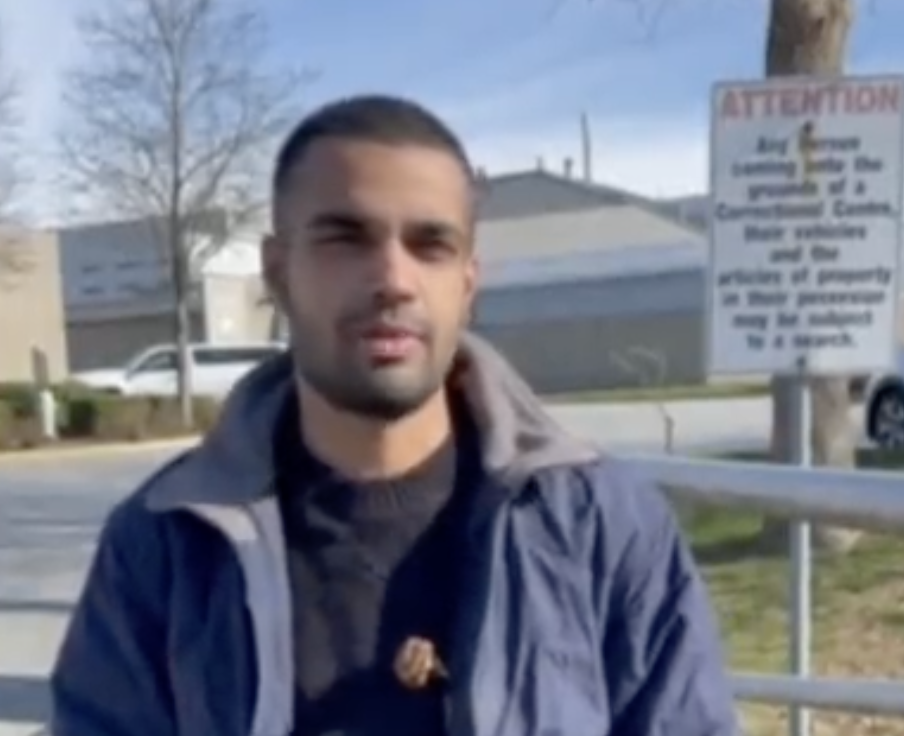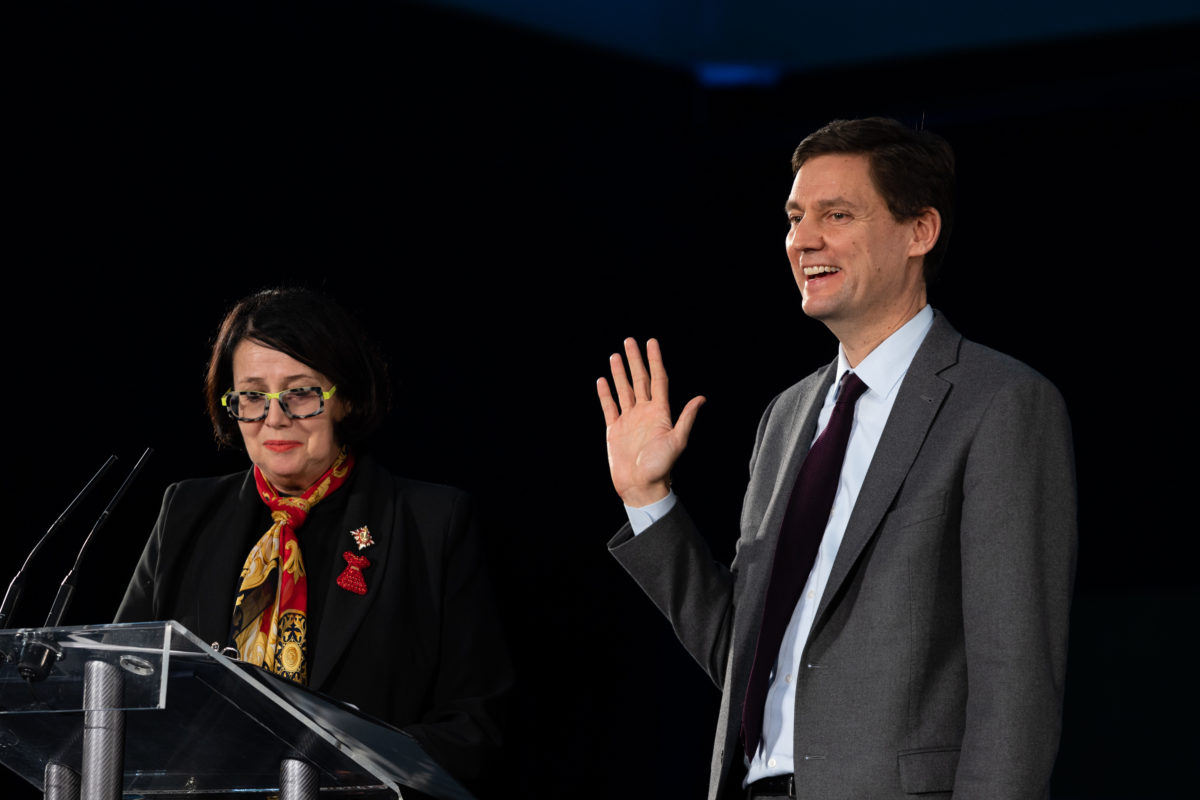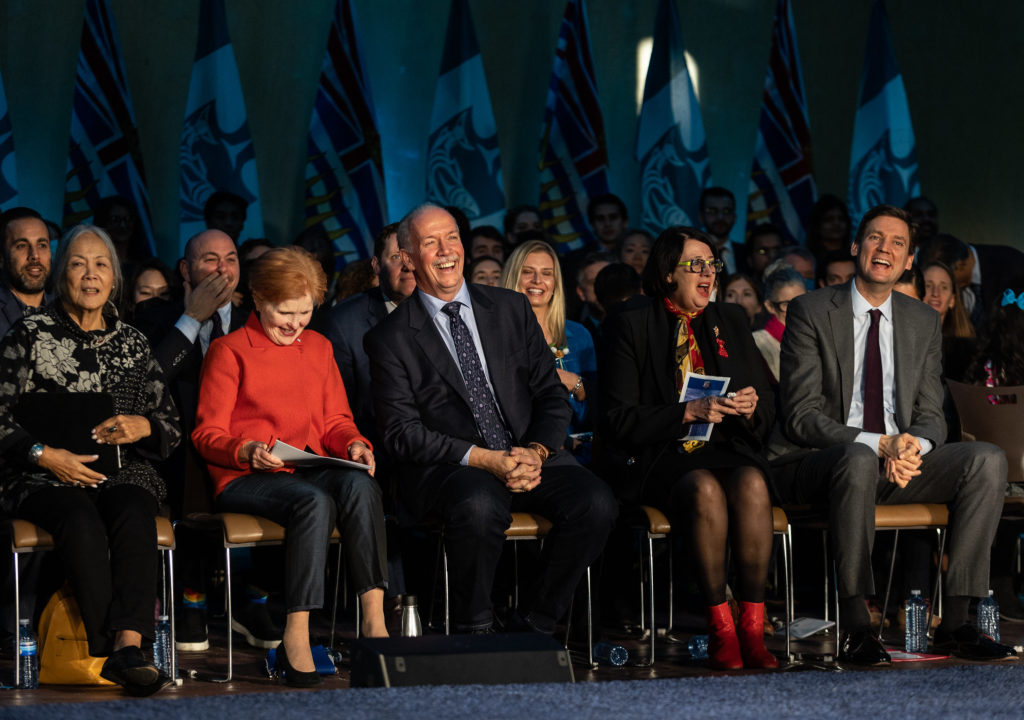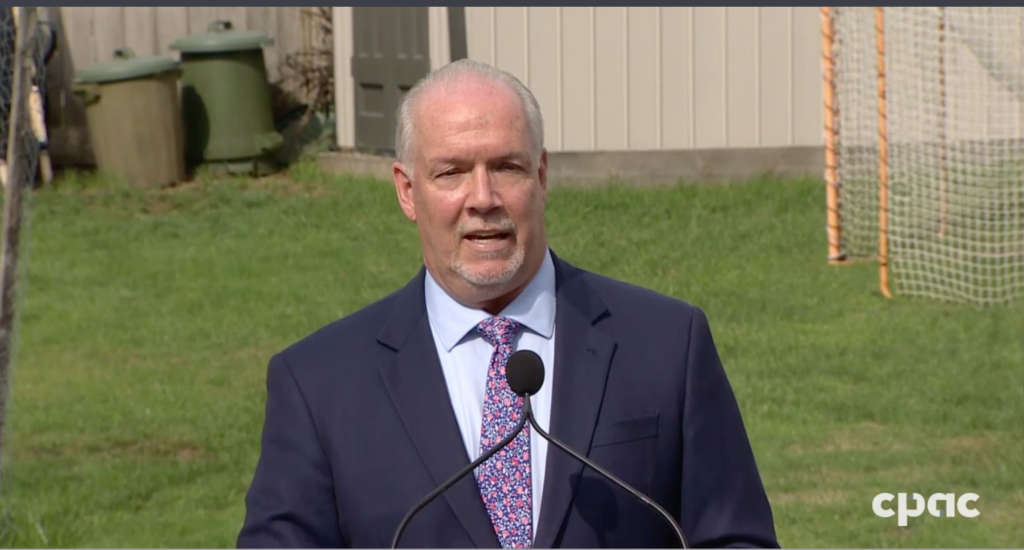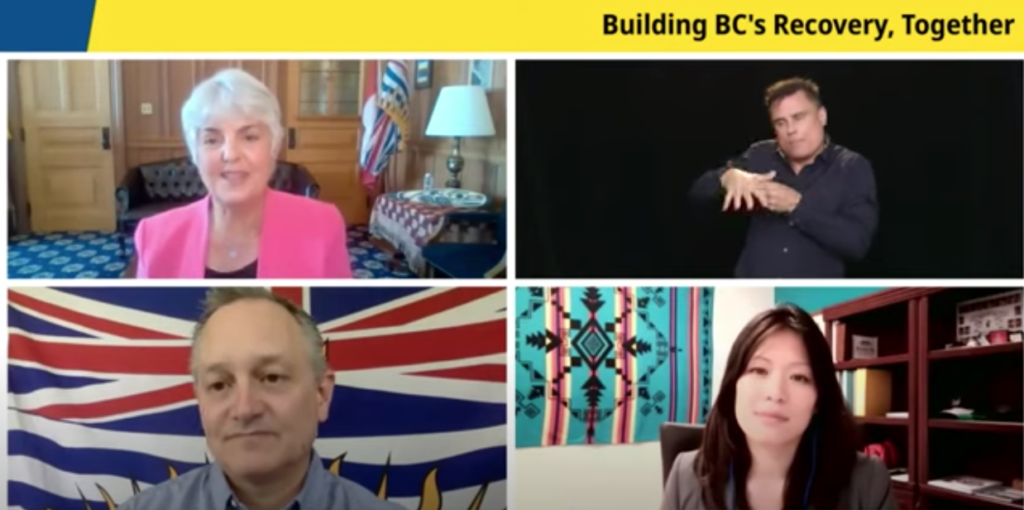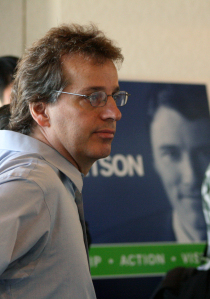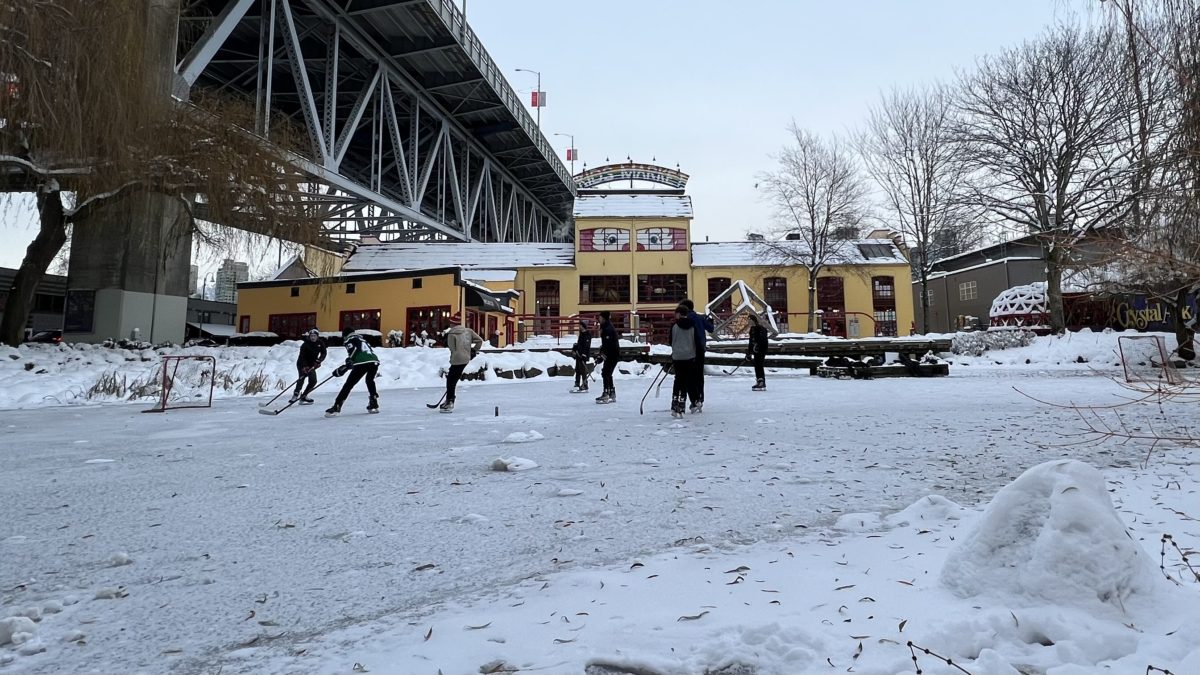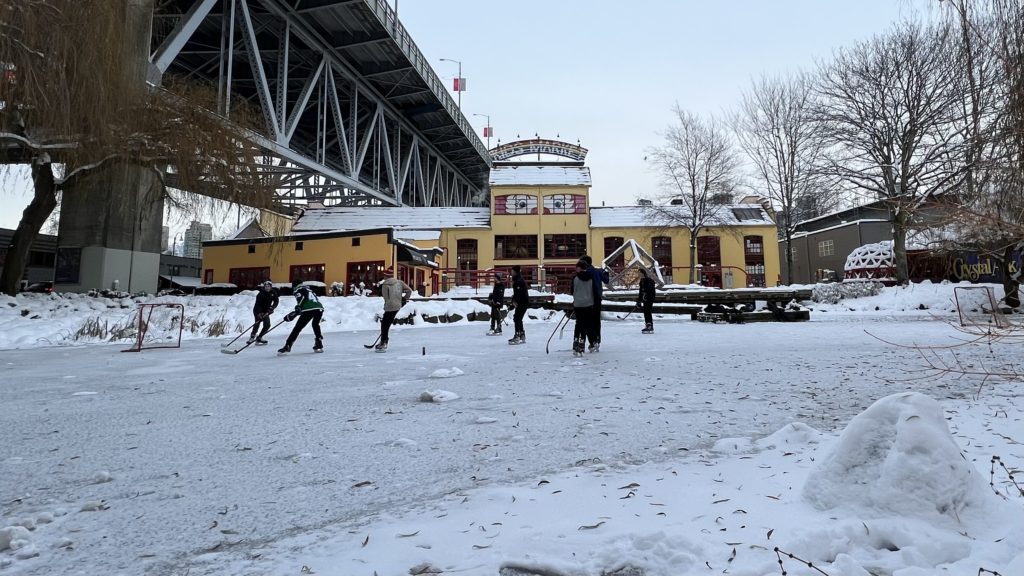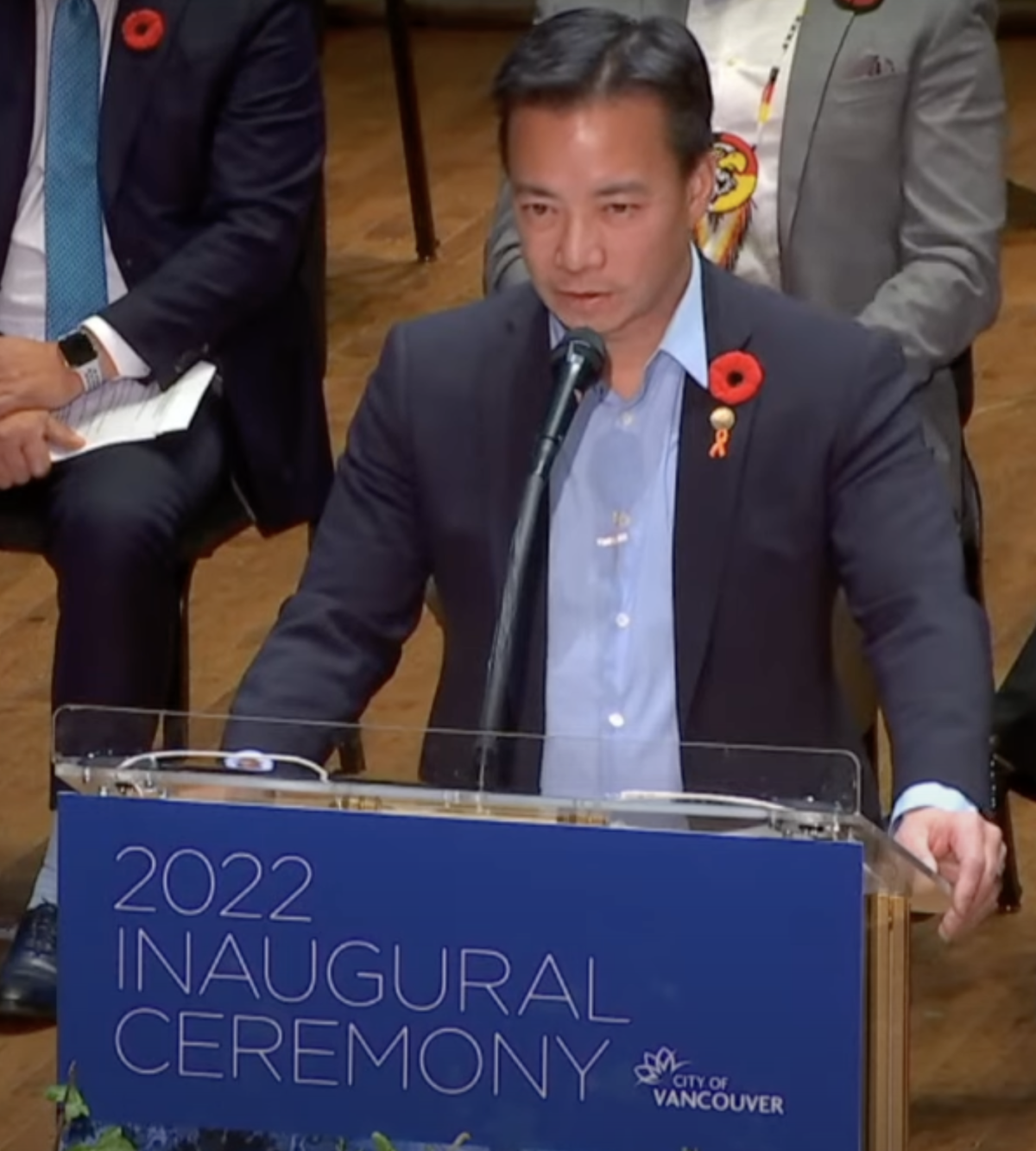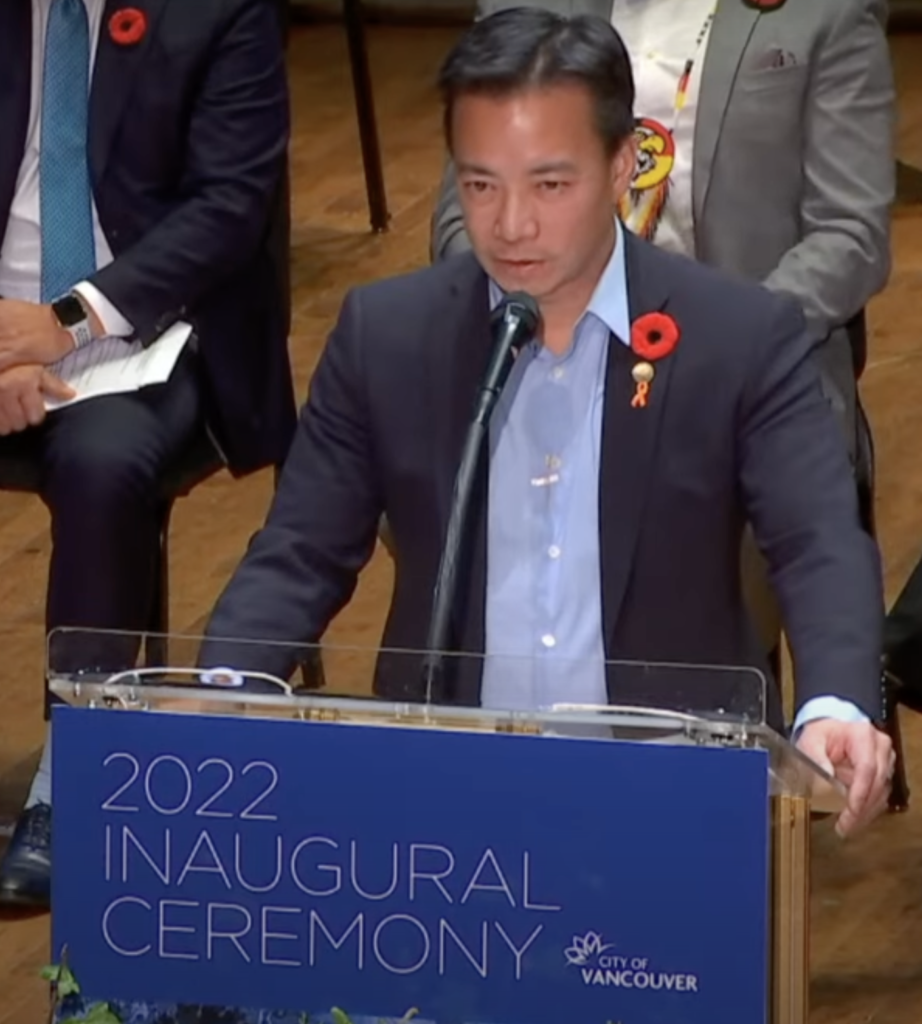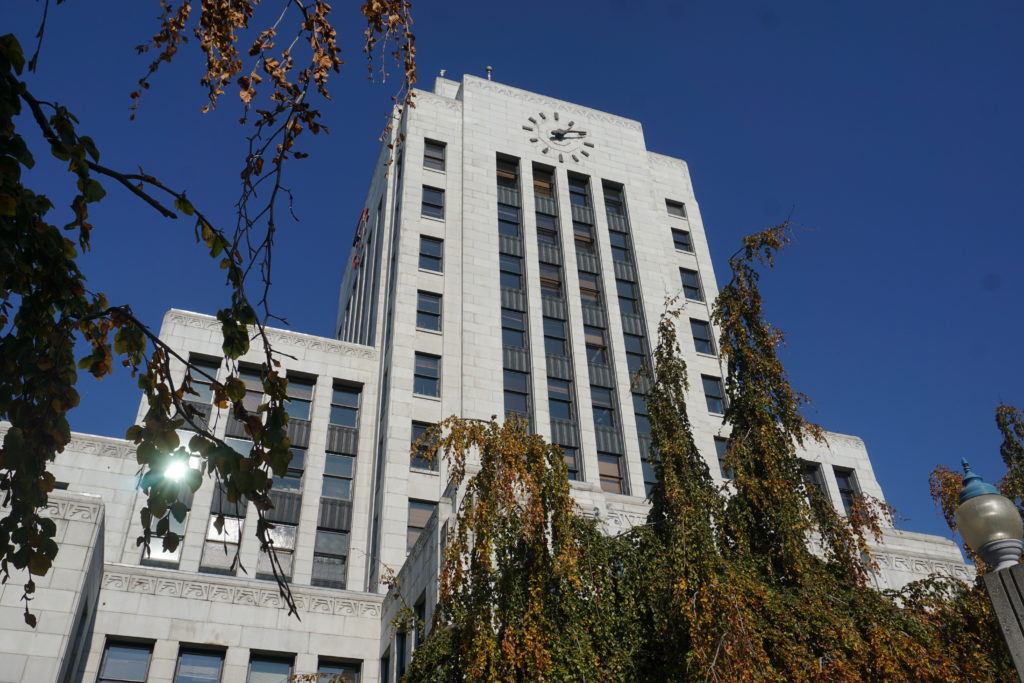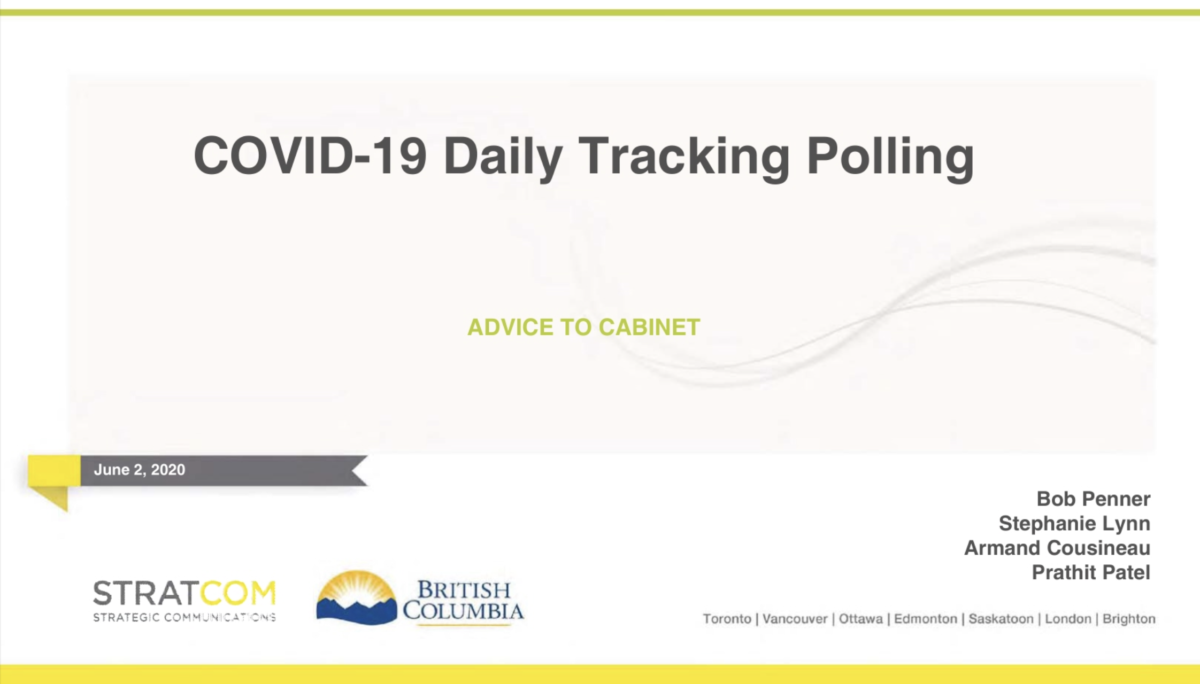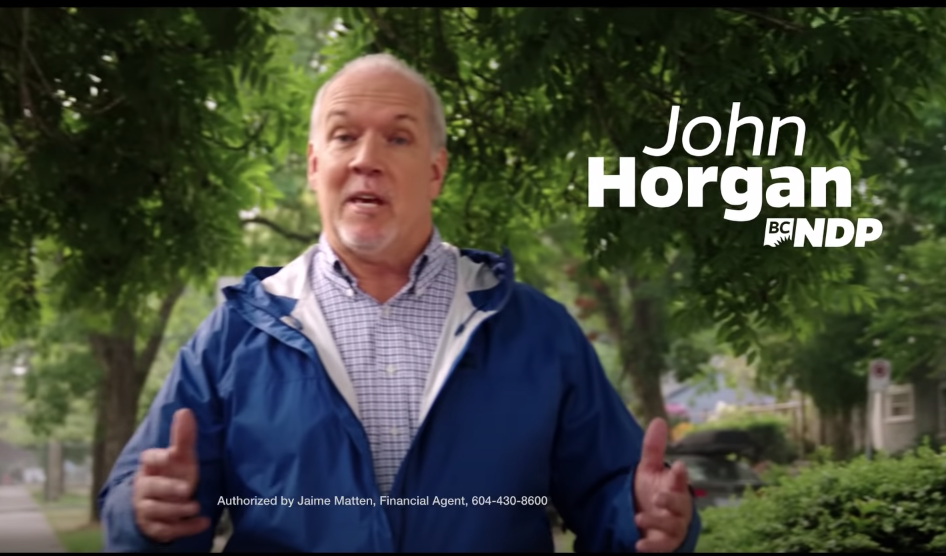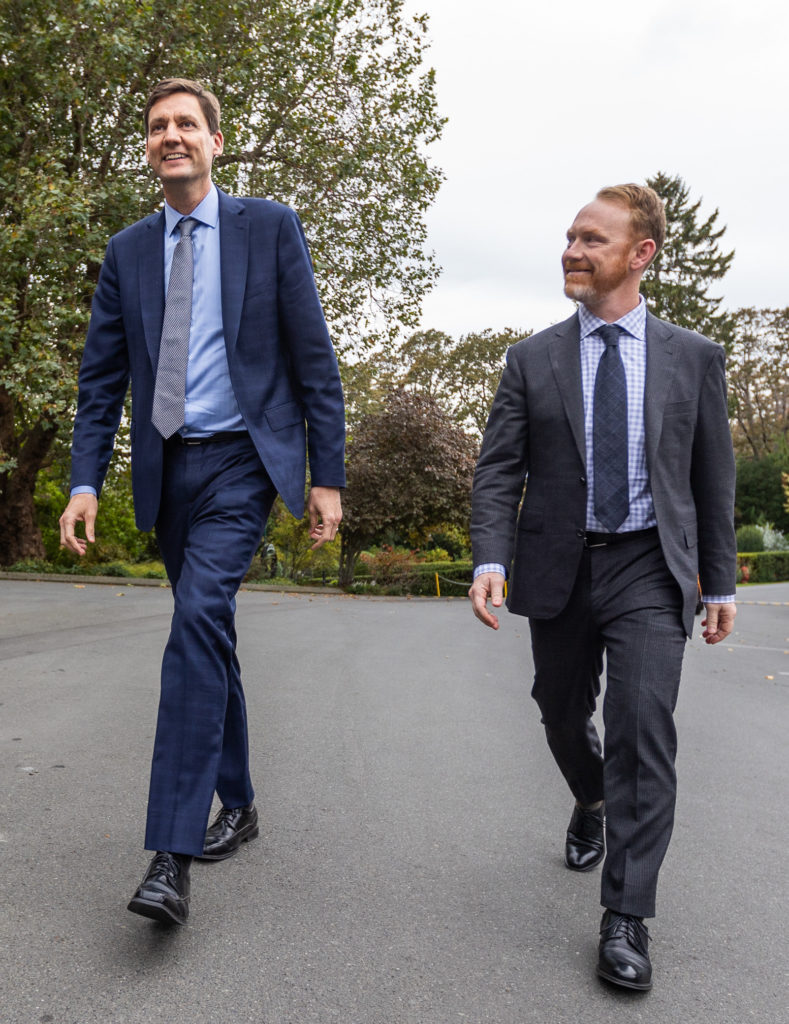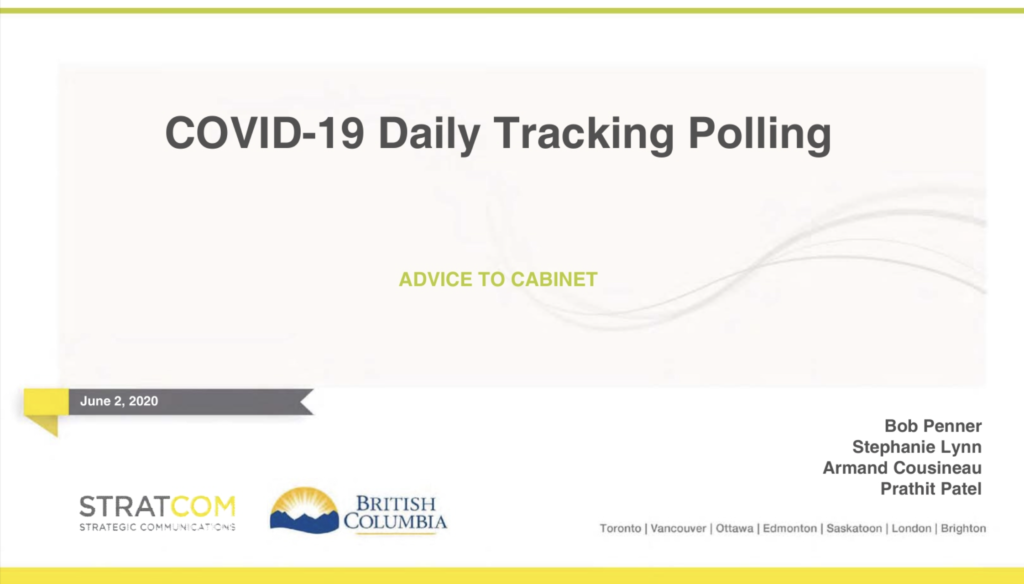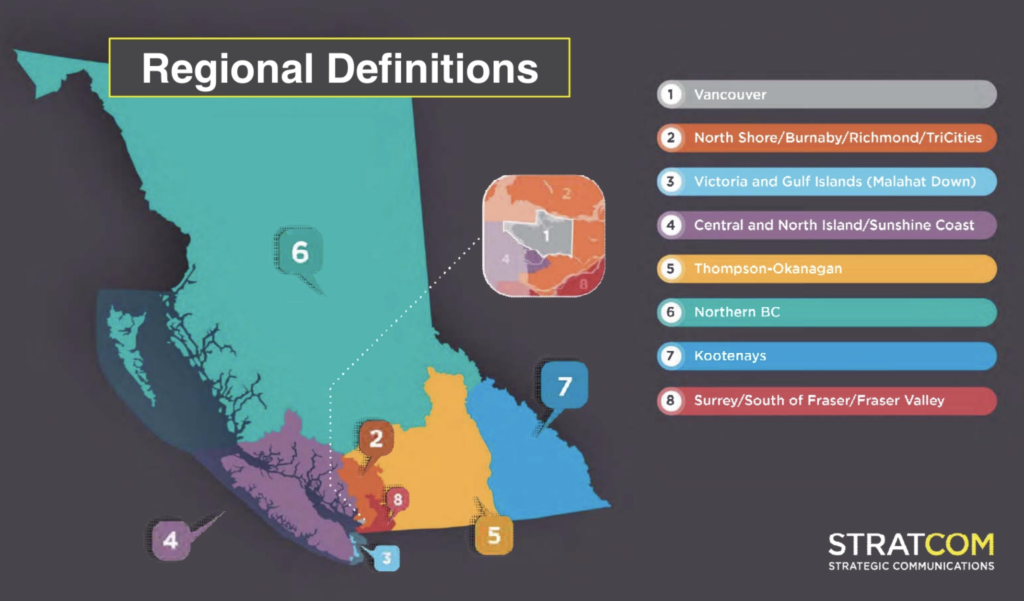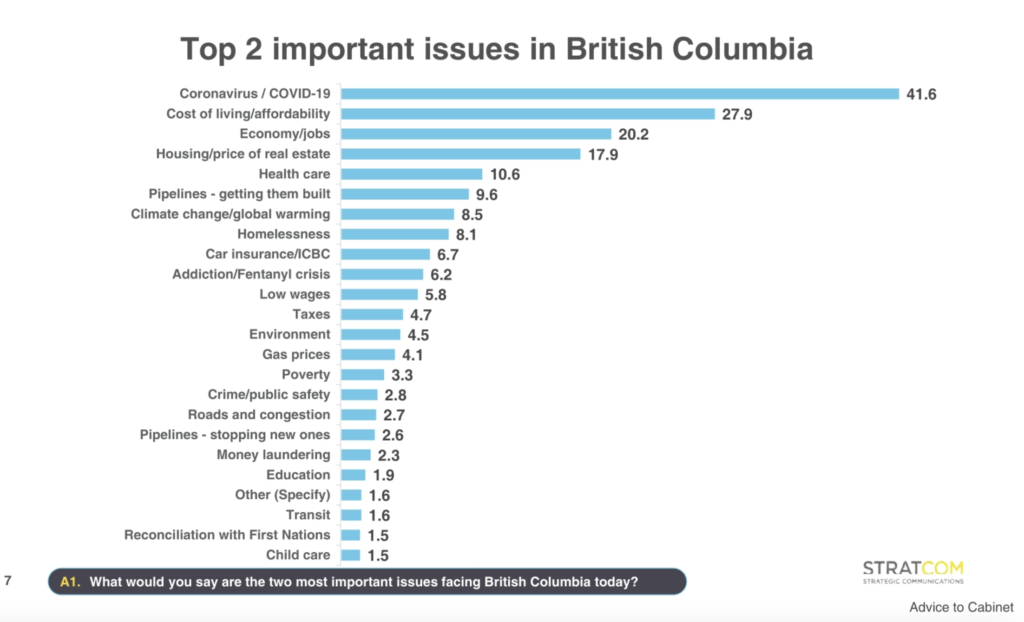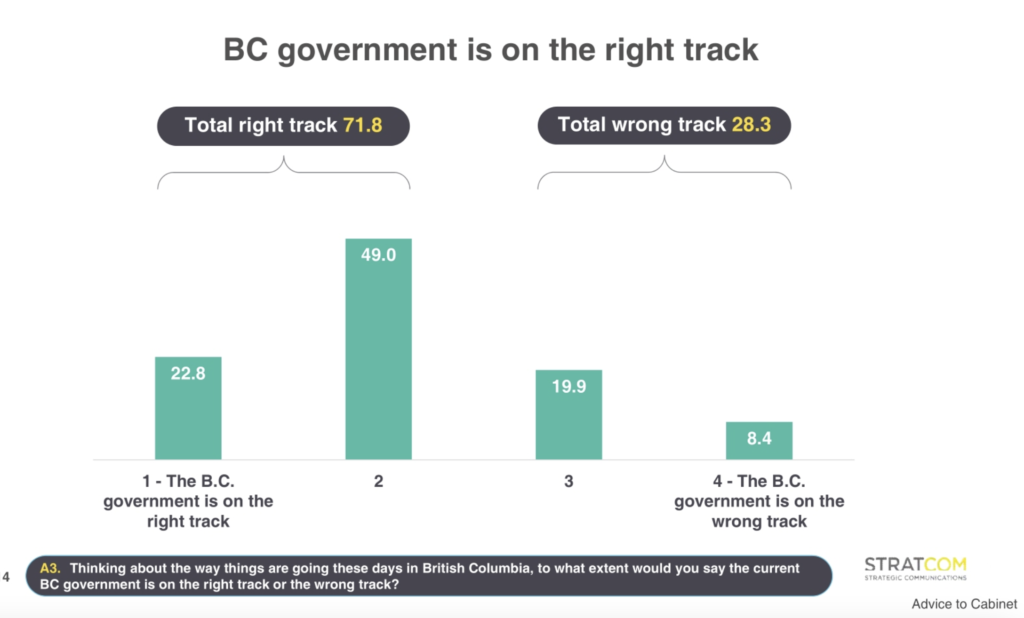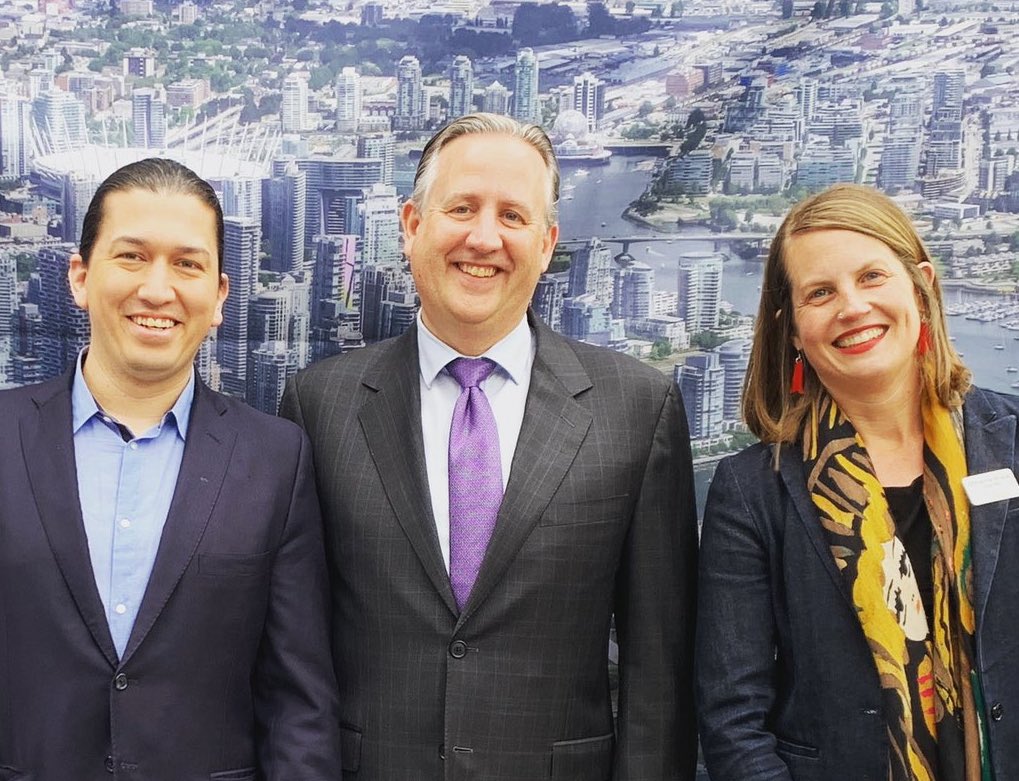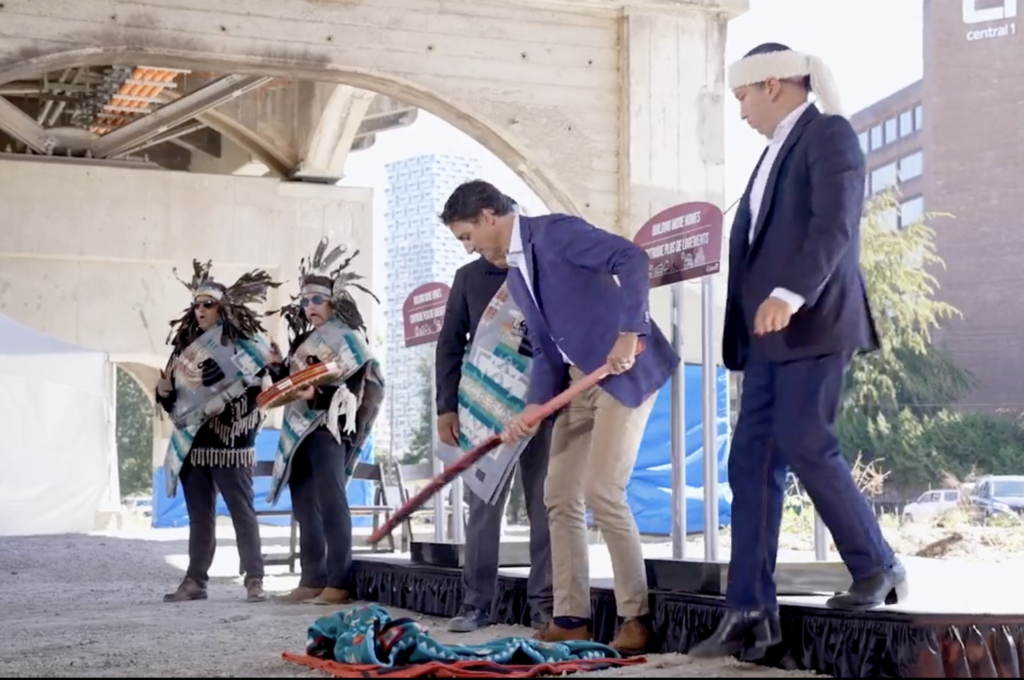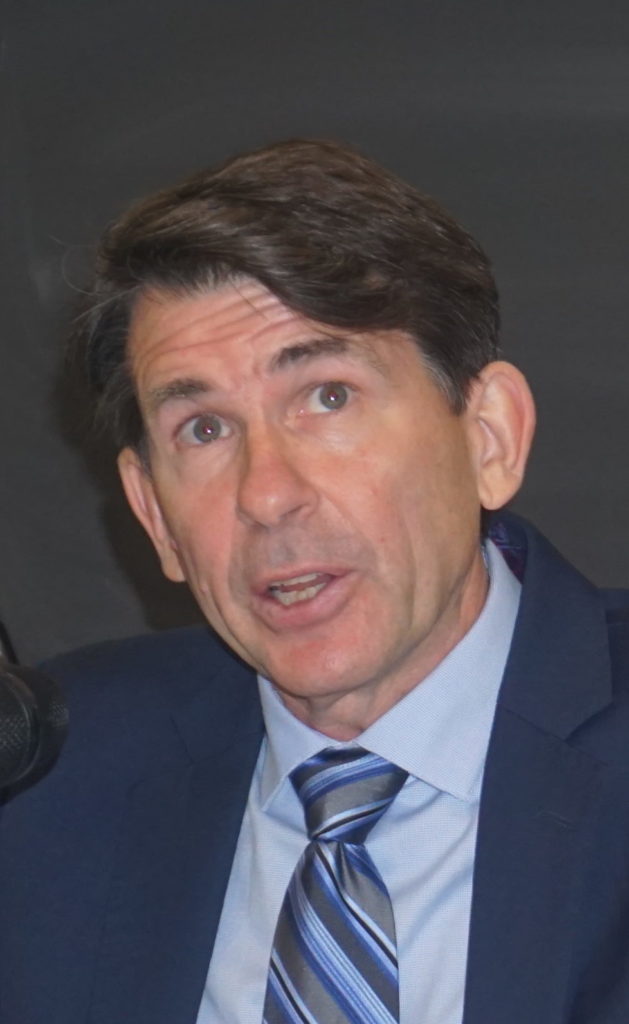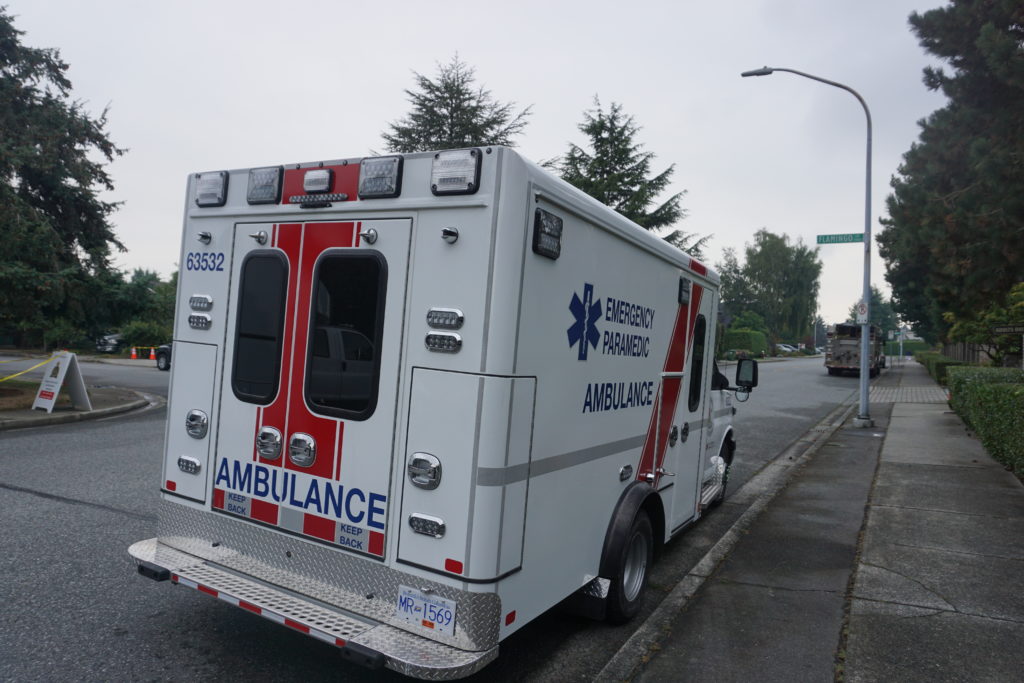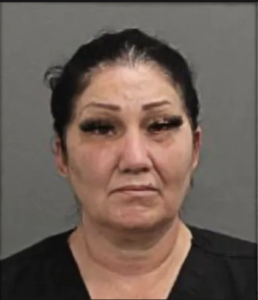The A to Z of 2022
Bob Mackin
Some of the names in the news from 2021 had a second act in 2022, like bookends Anjali Appadurai and ZIM Kingston. Others had their moment in the limelight and literally disappeared: goodbye, Barge.

Atiya Jaffar (left) and Anjali Appadurai (Instagram)
David Eby and Ken Sim were sworn-in during the same month. One’s a tall lefty, the other is not. But, for the first time, B.C.’s premier and Vancouver’s mayor both have three-letter surnames.
Without further ado, the A to Z of 2022.
A is for Anjali Appadurai. The environmental activist nearly won a seat for the NDP in the 2021 federal election. In 2022, she challenged David Eby for the B.C. NDP leadership. She may have had enough support to become premier, but never got to the finish line. Disqualified Oct. 19 for alleged fraudulent memberships and collusion with environmental charities Dogwood Initiative and 350 Canada.
B is for Barge. Bit by bit, Vancouver Pile Driving took apart the 84 metre vessel stranded by a Nov. 15, 2021 storm at Sunset Beach. Crews finally left the site on Nov. 17, two days after the anniversary of arrival. The operation cost an estimated $2.4 million. Vancouver city hall insisted Sentry Marine Group and Coast Claims Insurance would compensate taxpayers.
C is for Cullen Commission. Justice Austin Cullen’s 1,800-page, June 15 report from the public inquiry on money laundering recommended hiring an anti-money laundering commissioner and opening an intelligence and investigation squad. He wasn’t convinced BC Liberal politicians were corrupt; they just failed to do their jobs to keep dirty money out of casinos. He noticed that whale gamblers from China bought mansions, but didn’t blame them for high real estate prices.
D is for Davis Cup. Canada won the men’s tennis world championship for the first time with a team that included B.C.’s Vasek Pospisil. The Nov. 27 victory over Australia in Spain was overshadowed by Whitecaps’ alumni Alphonso Davies, who scored Canada’s historic first goal at the FIFA World Cup in Qatar on the same day.
E is for Eby. David Eby started the year as Attorney General and Minister Responsible for Housing. He ended it as the 37th Premier. The former Downtown Eastside activist lawyer and civil libertarian became known as the auto insurance reformer and money laundering combatant before succeeding John Horgan on Nov. 18. He inherited a $5.7 billion surplus, but insists he will stick to the schedule and hold the next election in October 2024.
F is for Falcon. Kevin Falcon overcame allegations of phoney memberships to win the BC Liberal leadership Feb. 5. He blew past the $600,000 spending limit, but party brass didn’t disqualify him over the $1.078 million total. He handily won the Vancouver-Quilchena by-election and quickly put the NDP on its heels over Horgan’s short-lived, $800 million plan to replace the Royal B.C. Museum.
G is for glue. Ottawa had honking anti-vaccine truckers. Vancouver had an Extinction Rebellion splinter group called Save Old Growth, which was backed with US$170,000 from the California-based Climate Emergency Fund. Activists illegally blocked highways and bridges and glued their hands to the pavement in front of angry motorists. Some had short stays in jail. None convinced the NDP to outlaw old growth logging.
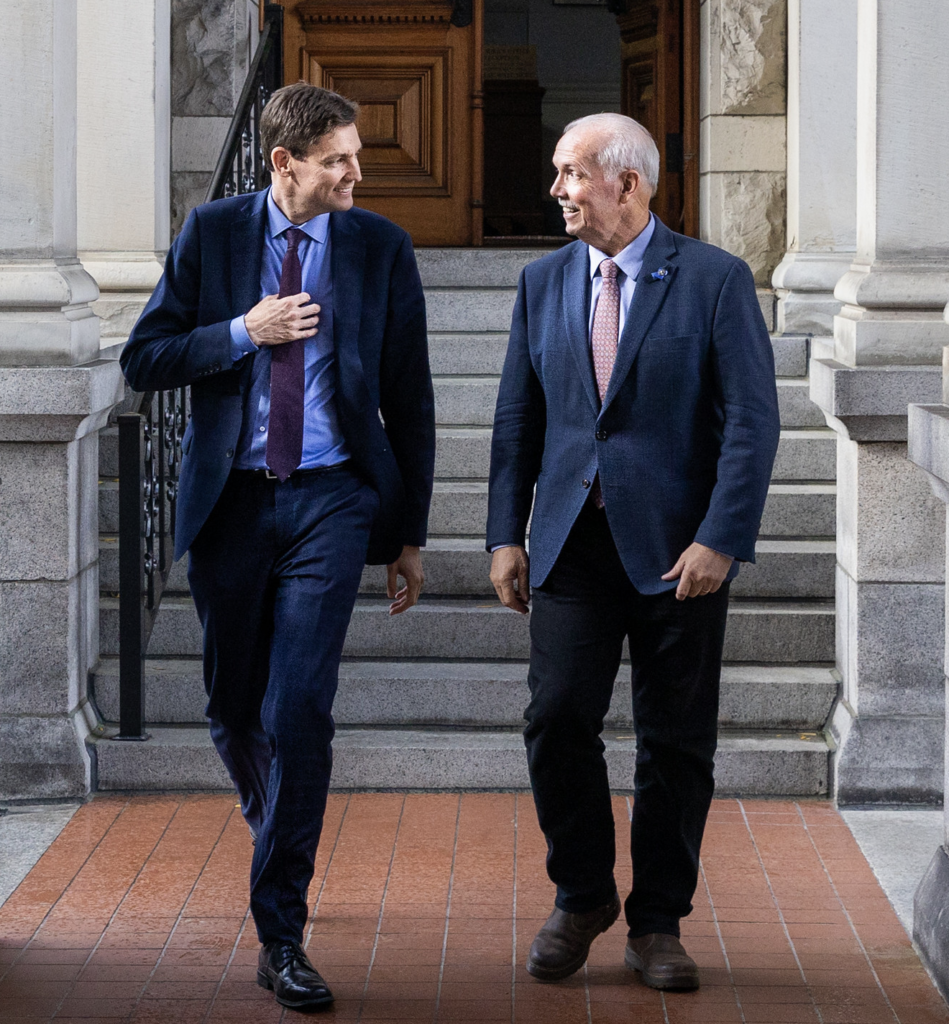
David Eby and John Horgan (BC Gov/Flickr)
H is for Horgan. Premier John Horgan announced the museum replacement on May 13. Some 40 days later, he pushed pause and apologized for putting history before hospitals. The next week, on June 28, B.C.’s 36th Premier announced he would quit after the NDP picked a replacement. Horgan said he beat throat cancer, but didn’t have the energy to run in another election. “John from Langford” had already given his successor quite the legacy: a 57-seat majority won in 2020’s snap election.
I is for International Olympic Committee. Two staffers and a consultant came to Vancouver for three days in May to hear the Canadian Olympic Committee and Four Host First Nations’ vision for a 2030 Winter Olympics. But, on Oct. 27, the NDP government announced it couldn’t afford to spend more than $1 billion and provide deficit insurance. The 2025 Invictus Games and 2026 FIFA World Cup are already costing enough. Salt Lake City and Sapporo, Japan remain in the race, but the IOC decided Dec. 6 to delay the choice indefinitely. The COC and FHFN’s only hope is full federal funding, but that’s remote. Premiers of every province are demanding Ottawa buck up billions more to solve overcrowded hospitals and doctor and nurse shortages.
J is for James. Craig James, the disgraced former Clerk of the B.C. Legislature, was found guilty May 19 in B.C. Supreme Court of breach of public trust and sentenced July 8 to a month of house arrest and two months of curfew. James did not testify in his own defence during the Jan. 24 to March 3 trial.
K is for Kennedy and Ken. In the 2018 civic election, NDP Burnaby South MP Kennedy Stewart edged Vancouver nursing agency and bagelry entrepreneur Ken Sim by less than 1,000 votes. On Oct. 15, with public safety and housing as twin issues, Sim handily defeated Stewart by more than 35,000. Sim became the city’s 41st mayor and first of Chinese descent. His ABC Vancouver party won supermajorities on city council and park board.
L is for Locke. Coun. Brenda Locke swept incumbent Doug McCallum out of the mayor’s office in Surrey. Four of Locke’s Surrey Connect candidates were also elected Oct. 15 on a platform to end McCallum’s fledgling Surrey Police Service. Two months later, Surrey sent Solicitor General Mike Farnworth its report recommending the RCMP be kept.
M is for McCallum. The defeated Surrey mayor scored a victory in provincial court Nov. 21 when a judge acquitted him of public mischief. McCallum accused a Keep the RCMP in Surrey protester of running over his left foot on Sept. 4, 2021 in the Southpoint Save-On-Foods parking lot. RCMP instead investigated McCallum for making a false report. McCallum hired top downtown Vancouver defence lawyer Richard Peck. The bill for taxpayers remains a mystery.
N is for North Fraser Pretrial Centre. On July 21, gangster Rabih Alkhalil, 35, escaped the Coquitlam jail with help from two accomplices posing as contractors. Two days later, the RCMP sheepishly admitted the duo’s mugshots were actually stock photos from the Internet. Alkhalil was convicted Aug. 30 in absentia for a 2012 murder at Vancouver’s Wall Centre hotel. A $250,000 reward to find him was advertised in October.

Doug McCallum in the Surrey courthouse parkade (Mackin)
O is for Odesa. The Ukrainian city became Vancouver’s first sister city in 1944. Beginning Feb. 24, after Russia invaded Ukraine, city hall and the Burrard Bridge were lit blue and yellow to show solidarity with Ukrainians. Within days of the invasion, the B.C. government banned the import and sale of Russian vodka and the B.C. Investment Management Corporation began to sell-off Russian investments.
P is for precipitation. It was a chilly, wet spring, with plenty of rain: 153 mm in March at YVR, wetter than the 114 mm average. The mercury plunged to -1.2 Celsius on April 16 — beating the -0.6 C record from 1896. Then it was a dry, hot summer. Vancouver normally averages 165 mm of rain between July and mid-October. In 2022, only 16 mm fell. It meant level 5 drought designation for much of Southwest B.C. There was even a minor wildfire near Cypress Mountain in West Vancouver.
Q is for Queen. Elizabeth II died Sept. 8. She visited B.C. seven times during her 70-year reign, including the Vancouver 1954 and Victoria 1994 Commonwealth Games, an Expo 86 promotion at B.C. Place Stadium in 1983, and ceremonial puck drop at a 2002 Vancouver Canucks game.
R is for Rourke. Nathan Rourke took over starting quarterback duties with the B.C. Lions, set club and league records, overcame a midseason injury and finished as the CFL’s Most-Outstanding Canadian. New owner Amar Doman hopes Rourke will wear orange and black when B.C. Place hosts the Grey Cup in 2025, but the talented Victoria native may be gone to the NFL in 2024.
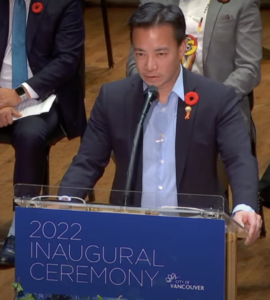
Ken Sim speaking at his Nov. 7, 2022 swearing-in (City of Vancouver)
S is for safe sport. Canadian athletes in bobsleigh, skeleton, boxing, gymnastics and soccer demanded a public inquiry into abusive coaches and corrupt sport governors. The tipping point came Oct. 11 when Hockey Canada CEO Scott Smith resigned after pressure from sponsors over the mishandling sexual assault allegations against players on the 2003 and 2018 world junior teams. On Nov. 2, former women’s national team and Whitecaps coach Bob Birarda began his 16-month jail sentence for sexually assaulting four players between 1988 and 2008. He pleaded guilty in February.
T is for tents. Sidewalks sandwiching Hastings Street near Main were jammed with tents and Vancouver Fire Chief Karen Fry ordered them removed for safety reasons amid an uptick of fires around the Downtown Eastside. Dozens of Vancouver Police officers trying to enforce the order clashed with homeless people and their supporters on Aug. 9. Many of the tents erected in the hottest days of the year remained during the coldest.
U is for United. The BC Liberals announced Nov. 16 that 80% of the 8,000 members who voted want to rebrand the party as BC United. The soccer-sounding monicker needs formal approval at a convention in the new year.
V is for Vrooman. Vancouver International Airport Authority CEO Tamara Vrooman couldn’t be found by reporters after the Dec. 19-20 snowstorm that stranded thousands of travellers and separated them from their luggage, sparking memories of 2008’s Snowmaggedon. When Vrooman broke her silence, she said she was too busy dealing with the early chaos and that the airport couldn’t keep up with too much snow falling too fast. YVR eventually put up travellers in 400 hotel rooms and gave them meals.
W is for West. Populist, pragmatic Mayor Brad West was re-elected unopposed in the Oct. 15 Port Coquitlam election. The NDP politician is so popular, even new Conservative leader Pierre Poilievre dropped by city hall in November. West became the new chair of TransLink’s mayor’s council.
X is for Xiaoling. People’s Republic of China Consul General Tong Xiaoling’s tumultuous five-year tenure ended in July. Replacement Yang Shu arrived in September. Rare protests across China against Communist ruler Xi Jinping and pandemic lockdowns in the world’s second biggest economy spread to Vancouver on Nov. 27. Two weekends later, RCMP officers investigated allegations that Richmond’s Wenzhou Friendship Society had set-up an overseas Chinese police station.
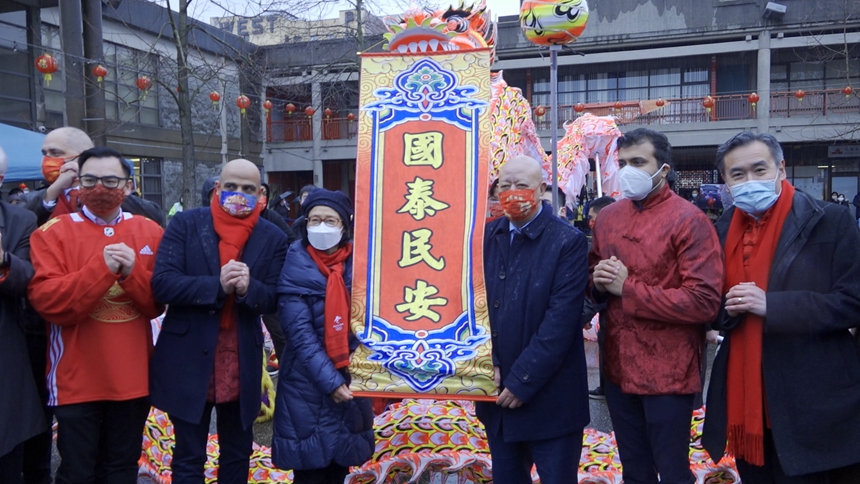
Wilson Miao (left), Parm Bains, Tong Xiaoling, Lam Siu Ngai, Taleeb Noormohamed and Michael Lee. (PRC consulate)
Y is for Yellowhead. The portion of Highway 5, better known as the Coquihalla, reopened to regular vehicle traffic on Jan. 19 between Hope and Merritt after the November 2021 cocktail of torrential rain, floods and landslides. But much work remains for the Kiewit/Anderson joint venture to restore the highway to its four-lane capacity.
Z is for ZIM Kingston, the freighter that lost 109 shipping containers and suffered a chemical fire off Vancouver Island in an October 2021 storm. Only four were found, but missing cargo kept washing ashore through summer 2022. Pilot Duke Marolf found nearly two dozen Yeti coolers in the Gulf of Alaska. An October report from the House of Commons fisheries and oceans committee said Canadian authorities were poorly prepared to respond and communicate about the disaster.
Support theBreaker.news for as low as $2 a month on Patreon. Find out how. Click here.
Bob Mackin Some of the names in the






